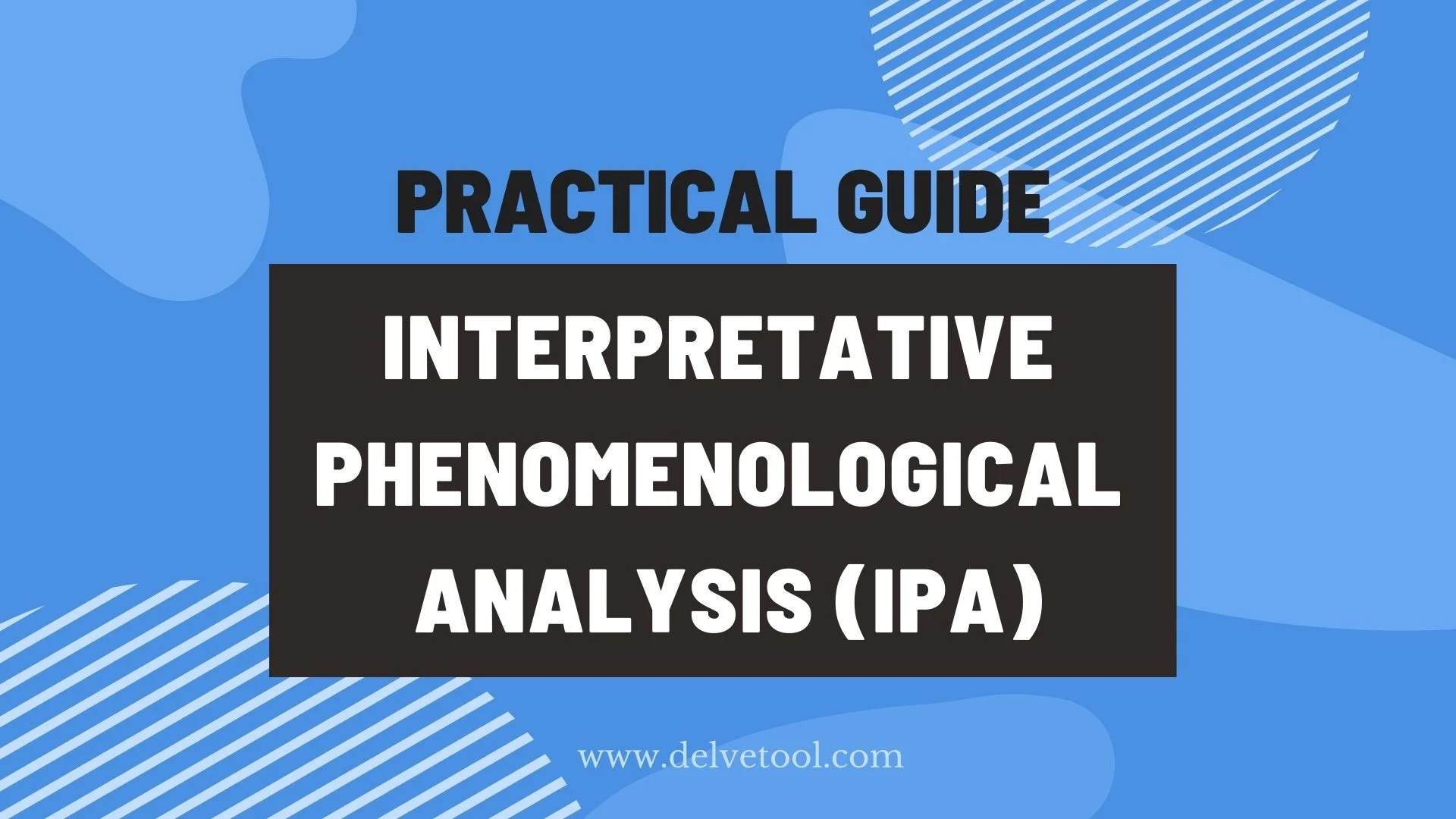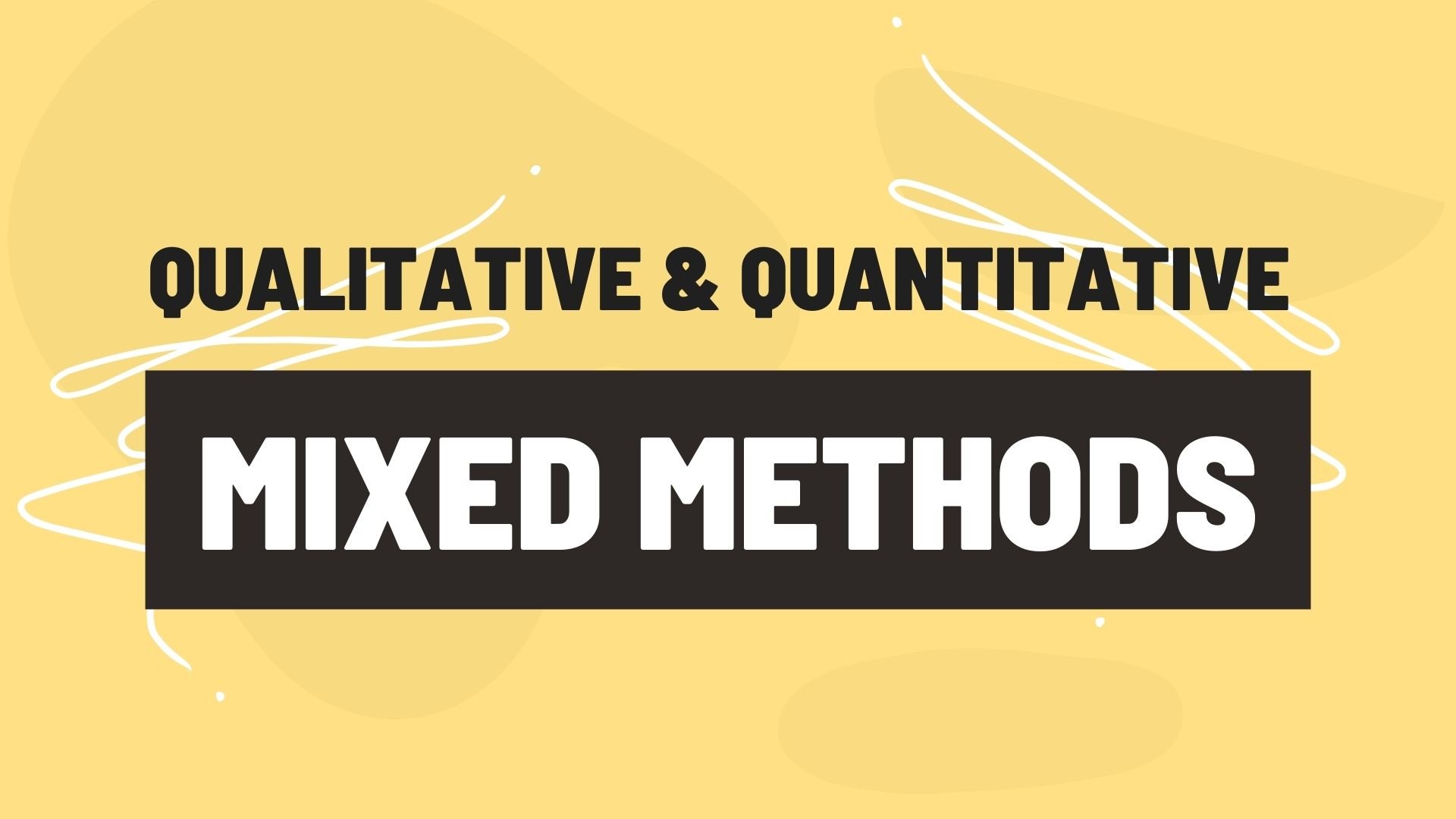Thematic analysis involves reading through a data set and identifying patterns in meaning across the data.
Read MoreProcess coding is helpful when you want to understand actions in the data. You can catalogue observable activities or conceptual actions.
Read MoreDescriptive coding is where you code passages according to topic in order to summarize the topic of the data.
Read MoreThis article covers all things line-by-line coding, shedding light on how this method works and providing a step-by-step guide to the process.
Read MoreAbductive coding helps researchers move between theory and data to uncover new insights. See how it works in practice and how tools like Delve support the process.
Read MoreThematic analysis involves reading through a data set and identifying patterns in meaning across the data.
Read MoreOpen coding, axial coding, and selective coding are all steps in the grounded theory method of analyzing qualitative data.
Read MoreDiscourse analysis is a qualitative research method that goes beyond analyzing words and sentences, establishing a deeper context about how language is used to engage in actions and form social identity.
Read MoreLearn how to conduct collaborative qualitative research with online coding tools for effective researcher triangulation, peer debriefing, and intercoder reliability.
Read MoreInterpretive Phenomenological Analysis (IPA) is a qualitative research methodology that explores how individuals make sense of their experiences.
Read MoreMixed methods research is the combination and integration of the components of qualitative and quantitative research methods in a single study.
Read MoreQualitative phenomenological research design is a qualitative research technique that seeks to understand the essence of a phenomenon by studying lived experiences at a conscious level.
Program evaluation is the systematic assessment of a program to determine the extent to which it achieves its intended goals and objectives.
Read MoreParticipatory Action Research (PAR) is an approach to research involving researchers and participants collaborating to understand social issues and promote positive change.
Researchers use narrative analysis to understand how research participants construct story and narrative from their own personal experience.
Read MoreDirected content analysis (DQICA) is a deductive approach to qualitative analysis where you start with an existing theory or framework and utilize data to either support or build upon that framework.
Read More














